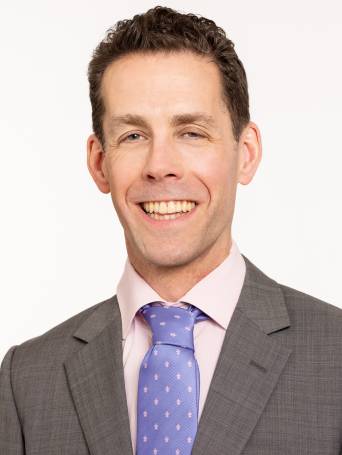
Breandan is a disability strategist, educator and leadership coach with an experienced academic and business background. He is an Adjunct Assistant Professor of Public Service at New York University teaching disability-inclusive leadership and organizational strategy to graduate students. Previously he spent over 15 years in investment banking in London and New York, rising to global leadership roles during a period of progressive sight loss due to an inherited retinal disease. Breandan is a recognized global leader within the disability community and works with organizations across sectors including Dialogue in the Dark, Open Inclusion, and Evenbreak to make change for disability inclusion that is more pluralist, practical and persuasive. He is a Fellow of the Higher Education Academy and holds an Executive Masters in Public Administration from NYU Wagner and an undergraduate degree in Commerce and French from UC Dublin. Breandan is Board Vice President at Xavier Society for the Blind and Board Secretary at Fighting Blindness Ireland. He is an avid runner and loves music, travel, and languages.